Extinction or elimination of a particular species of plants and animals is a natural process. This concept of evolution was introduced by Charles Darwin in his book “Origin of Species” in 1859. The phrase “Survival of the Fittest” traces its roots from this evolutionary theory.

However, in recent years, there is an acceleration in the process of extinction due to human intervention. We can attribute rapid decline of biodiversity to habitat loss and fragmentation, reckless poaching and hunting of animals and global climate change.
E.O. Wilson, a well-known ecologist, puts the figure of extinction at 10,000 species per year or 27 per day!
Recent lockdown of many countries like Italy, France, Germany, China and India provided a chance to Mother Nature to revive and replenish itself from human destruction. Pollution levels are lowering and flora and fauna is flourishing.
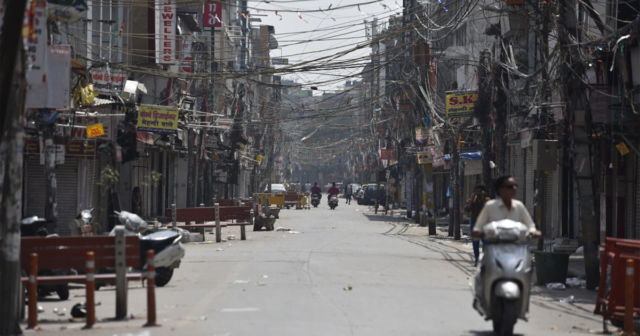
Wildlife is reclaiming back its space from us due to absconding humans from cities to prevent the transmission of respiratory infection through social contact.
Here are some examples of animals taking over cities amidst mandatory Coronavirus lockdown:
Olive Ridley Turtles at Odisha’s beach
Olive Ridleys began mass nesting at the Rushikulya rookery from around 2 a.m. on March 21. Human intrusion earlier prevented them from nesting.
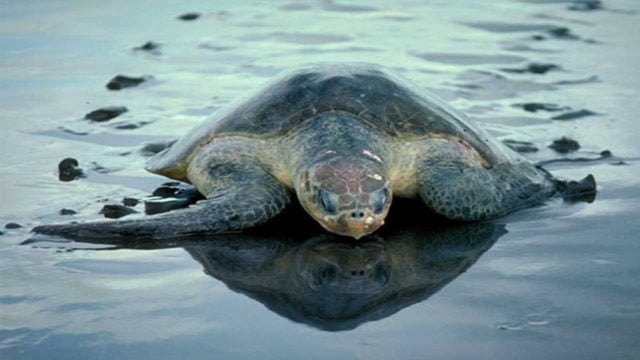
However, now due to complete lockdown turtles find themselves safe and have returned to Gahirmatha beach and rookeries in Rushikulya for their mating process.
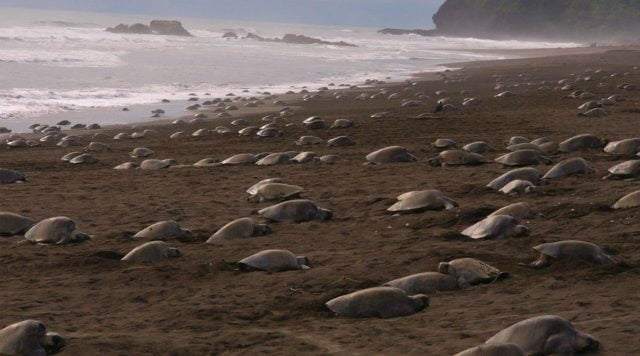
Nilgai roaming freely on the streets of Noida
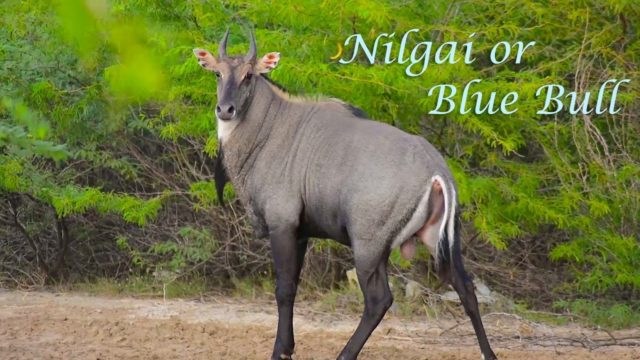
Nilgaai or Blue Bull was spotted on the once busy roads of Noida, outside a famous shopping mall. This took locals on Twitter by surprise as it was a rare scene to enjoy.
This is from Sector 38 Noida. The Nilgai( Blue Bull) must be thanking the Pandemic. pic.twitter.com/aAy7x5C0Gc
— Susanta Nanda (@susantananda3) March 27, 2020
“The wild animal might have strayed into the urban area due to almost nil presence of people and vehicles on the road. No untoward incident has been reported,” district forest officer PK Shrivastava told PTI.
Read more: Is CNG Really A Green Fuel?
Civet on Kerela road
A latest video shared on Twitter shows an endangered Malabar civet calmly crossing a normally busy street in Kozhikode district.
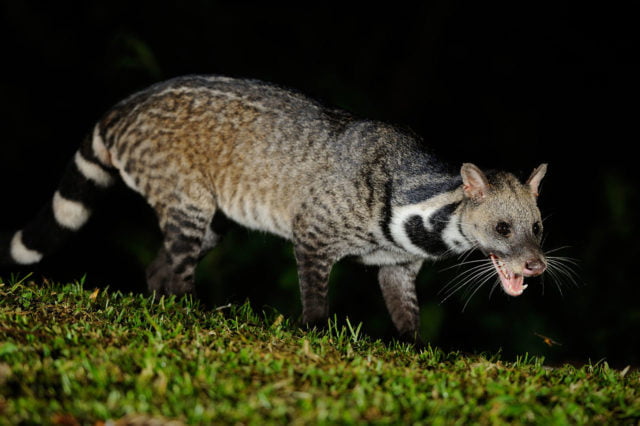
However, some people who saw the original post later on, remarked that it was a small Indian Civet, Viverricula Indica, possibly sick and starving due to lack of food.
Please check sources before posting sir. That is the common Indian civet and is out on the road because it is either injured/dehydrated. In all my years in western ghats, I have not seen this in day time ever. Only during injuries.
— Kalyan Varma (@KalyanVarma) March 26, 2020
Deers in Haridwar
Deers were seen strolling freely on the roads of Haridwar at night by locals. A video showing the same was circulated on Twitter.
Deers roaming free in the heart of the city, Haridwar-India !!! What a sight, wondering where humans have disappeared!!! #Lockdown21 pic.twitter.com/AtyhspHS9H
— sanjay bhutiani (@sanjaybhutiani) March 27, 2020
Kharali haanh in Dighalipukhuri
Dighalipukhuri is a rectangular artificial pond in Guwahati. Due to a 21 day lockdown, residents of this place were able to witness kharali haanh (lesser whistling duck) wading into the lake afer a long time.

“We were used to seeing several species of local and migratory waterfowl in Dighalipukhuri when we were young. They have returned after decades possibly because there aren’t any humans around to interfere because of the lockdown,” said Kailash Sharma, a cultural activist, in a talk with the Hindu newspaper.
Elephants in Uttarakhand, Assam and other parts of South India
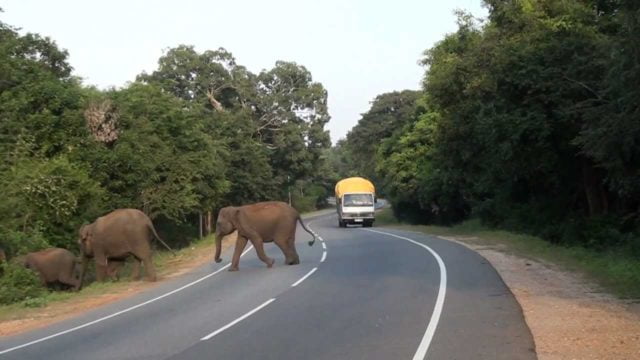
Due to clearing of roads and cities by humans, elephants are using these as passages to move from one place to another in search of their favorite food Bamboo. There are many reports of elephants entering urban spaces in Assam and various parts of South India.
Dolphins in Mumbai
Videos of dolphins swimming across the sea shore in Mumbai have gone viral. Juhi Chawla on Twitter shared this beautiful sight with her fans and wrote, “The air in Mumbai is so nice, light and fresh ..!!! I can’t believe it … and it seems dolphins were sighted just off the shore near Breach Candy club ..!!! This shutdown of cities is not so bad after all #CoronavirusPandemic.” Through this tweet, she highlighted the positive side of Coronavirus outbreak. However, many people disagree with her on this issue.
The air in Mumbai is so nice, light and fresh ..!!! I can't believe it 😃… and it seems dolphins were sighted just off the shore near Breach Candy club ..!!! This shutdown of cities is not so bad after all #CoronavirusPandemic pic.twitter.com/t94vhFyPRy
— Juhi Chawla Mehta (@iam_juhi) March 21, 2020
Howls of rare Black fox
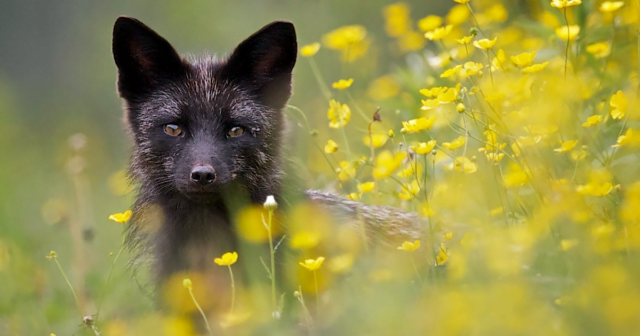
In western Assam’s Barpeta town, many residents claimed that they heard howls of the rare black fox more often than in the past. One black fox was spotted in daylight due to human inactivity in that area.
Thus, it seems that the reign of humans is over now and Mother Nature is our successor. We must listen and conform to the rules and guidelines set up by Nature to prevent our extinction in near future.
Image credits: Google images
Sources: The Indian Express and The Hindu
Find the blogger: @lisa_tay_ari
Other Recommendations:
What Is A Final Year Student Going Through During Covid-19 Lockdown?


























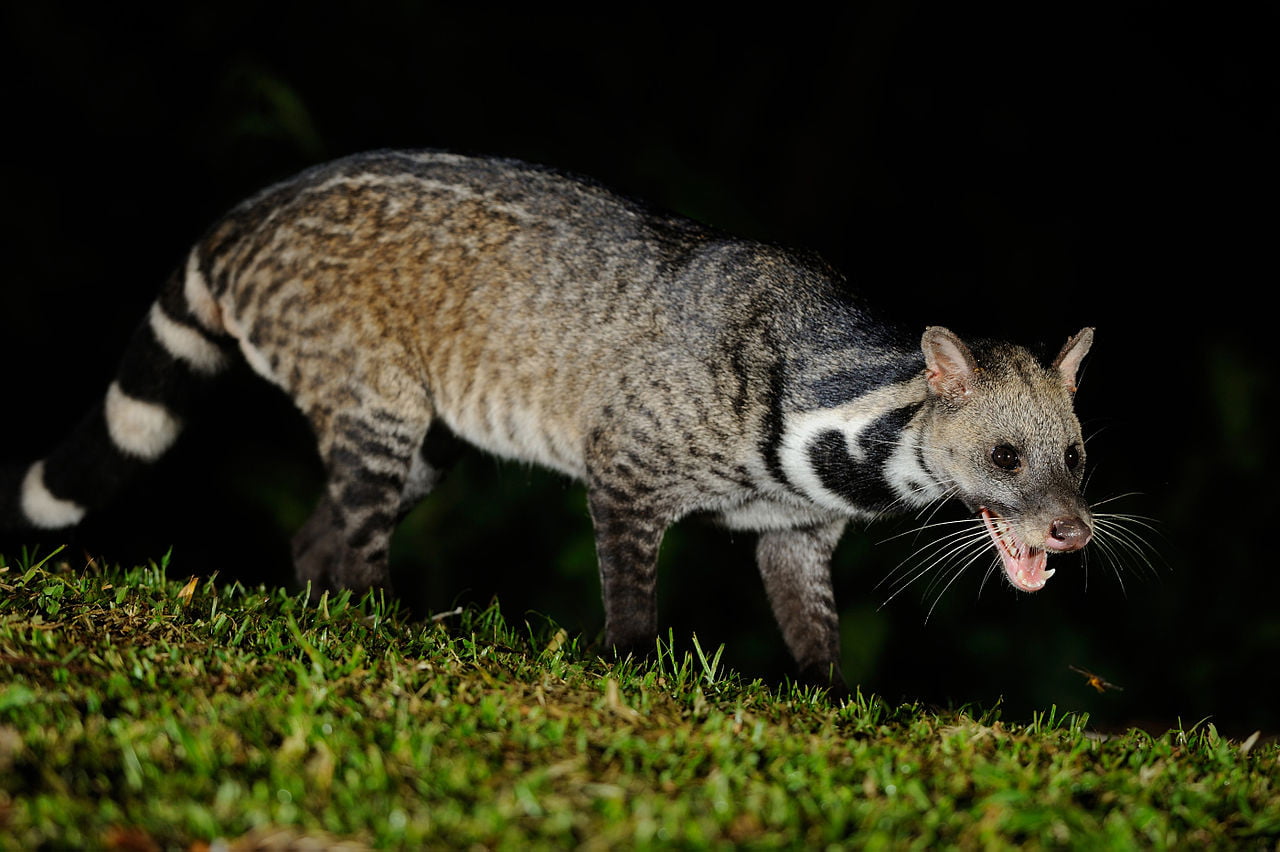




[…] Also Read: Animals Reclaim Their Space Back From Humans Amidst Coronavirus Pandemic […]